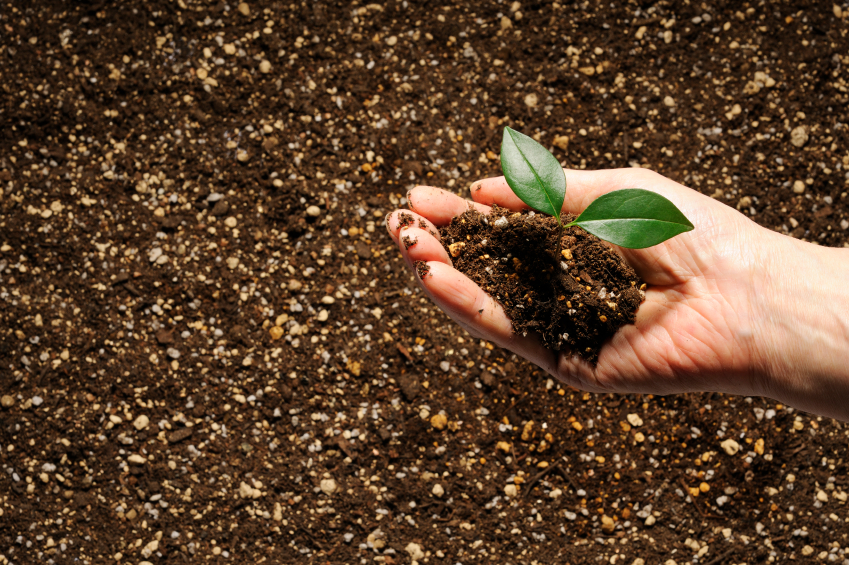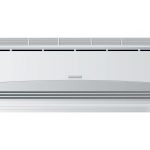Growing a garden can be extremely rewarding. Beautiful blooms, fresh vegetables, and lush flora can nourish your family and make your home more beautiful. To maximize your garden’s output, consider taking the time to start composting at home. Saving kitchen scraps and recycling them into a rich fertilizer is surprisingly easy, and it takes very little effort if you follow a few simple tips. As a bonus, you’ll also save money by creating your own organic fertilizer.
These four easy steps can turn any green-thumb newbie into a composting master. With a few simple supplies and a little practice, you can create an award-winning garden from kitchen discards.
Choose a Bin
You’ll first need to dedicate an area of your back yard to composting, preferably a cool and shady spot. If you don’t want to invest a lot of start-up funds, you won’t need a special bin to create your fertilizer. For a DIY option, stand four discarded pallets on end and nail together at the corners. If you’re looking for a more sophisticated approach, purchase a composting cylinder on a stand that spins when it’s time to turn the compost. An old round trash can, with holes drilled at the bottom for air flow, is likely the most cost-effective composting bin.
How to Start the Compost
Composting starts with a base of brown and green materials. You can use grass clippings and some dirt to get the process started, then add straw and twigs to aerate your compost and help it drain. Once you form the base of your compost, add kitchen scraps that you collect in a bucket each day.
What to Compost
Practically anything can go into your compost bin. Organic discards, including dryer lint, natural fabrics, leather goods, corks, and even full vacuum bags are acceptable compost. You will, though, need to make sure that discarded items are shredded before adding them to the pile. It may be difficult to shred and compost an old leather jacket, but this step is important to ensure good airflow.
In the kitchen, compost your leftovers. Table scraps add nitrogen, and eggshells have valuable proteins and minerals. Corn cobs and stalks, newspaper, shredded cardboard and weeds are all sources of nitrogen. Add the grass clippings after mowing, and toss the leaves into the bin during the Autumn months.
Working the Compost
Your kitchen scraps and grass clippings won’t break down all by themselves. If your compost pile looks dry, add water. Moisture is extremely important to good compost. Your compost pile should be turned occasionally to mix discarded items and encourage organic breakdown. A small pitchfork can help you avoid getting your hands dirty. You’ll know your compost is ready to use when it’s developed a rich dark color. The compost at the bottom of your pile can take two months to two years to become fully active, but your patience will pay off.
Composting at home reduces personal waste in the household and provides you with a rich, mostly free fertilizer that helps retain moisture while suppressing plant diseases. Composting is safer than chemical fertilizers, and can help you grow expensive organic produce and flowers at home.
Post Author: andyc.




